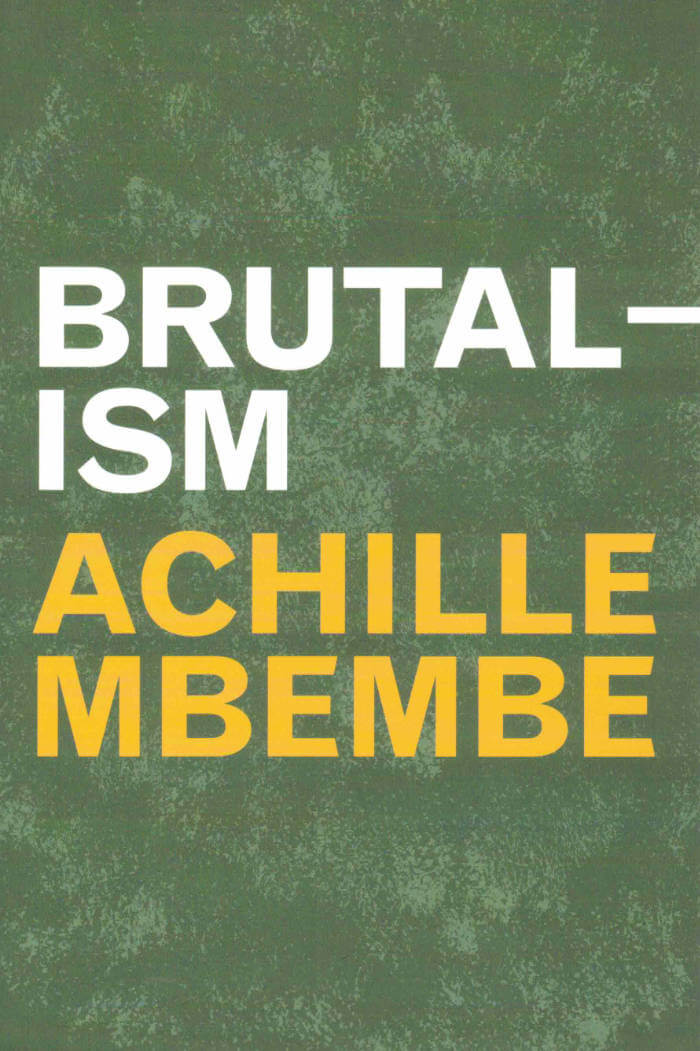
Cute Accelerationism
Involuntarily sucked into the forcefield of Cute, Amy Ireland and Maya B. Kronic decided to let go, give in, let the demon ride them, and make an accelerationism out of it—only to realise that Cute opens a microcosmic gate onto the transcendental process of acceleration itself.
Joining the swarming e-girls, t-girls, NEETS, anons, and otaku who rescued accelerationism from the double pincers of media panic and academic buzzkill by introducing it to big eyes, fluffy ears, programming socks, and silly memes, they discover that the objects of cute culture are just spinoffs of an accelerative process booping us from the future, rendering us all submissive, breedable, helpless, and cute in our turn. Cute comes tomorrow, and only anastrophe can make sense of what it will have been doing to us.
Evading all discipline, sliding across all possible surfaces, Cute Accelerationism embraces every detail of the symptomatology, aetiology, epidemiology, history, biology, etymology, topology, and even embryology of Cute, joyfully burrowing down into its natural, cultural, sensory, sexual, subjective, erotic, and semiotic dimensions in order to sound out the latent spaces of this Thing that has soft-soaped its way into human culture.
Traversing tangents on natural and unnatural selection, runaway supernormalisation, the collective self-transformation of genderswarming cuties, the hyperstitional cultures of shojo and otaku, denpa and 2D love, and the cute subworlds of aegyo and meng, moé and flatmaxxing, catboys and dogon eggs, bobbles and gummies, vore machines and partial objects, BwOs and UwUs…glomping, snuggling, smooshing and squeeeeing their way toward the event horizon of Cute, donning cat ears and popping bubbles as they go, in this untimely philosophical intensification of an omnipresent phenomenon, having surrendered to the squishiest demonic possession, like, ever, two bffs set out in search of the transcendental shape of cuteness only to realise that, even though it is all around us, we do not yet know what Cute can do.
Seriously superficial and bafflingly coherent, half erudite philosophical treatise, half dariacore mashup, 100 percent cutagion, this compact lil’ textual machine is a meltdown and a glow up, as well as a twizzled homage to Deleuze and Guattari’s A Thousand Plateaus. Welcome to the kawaiizome: nothing uncute makes it out of the near future, and the cute will very soon no longer be even remotely human.





